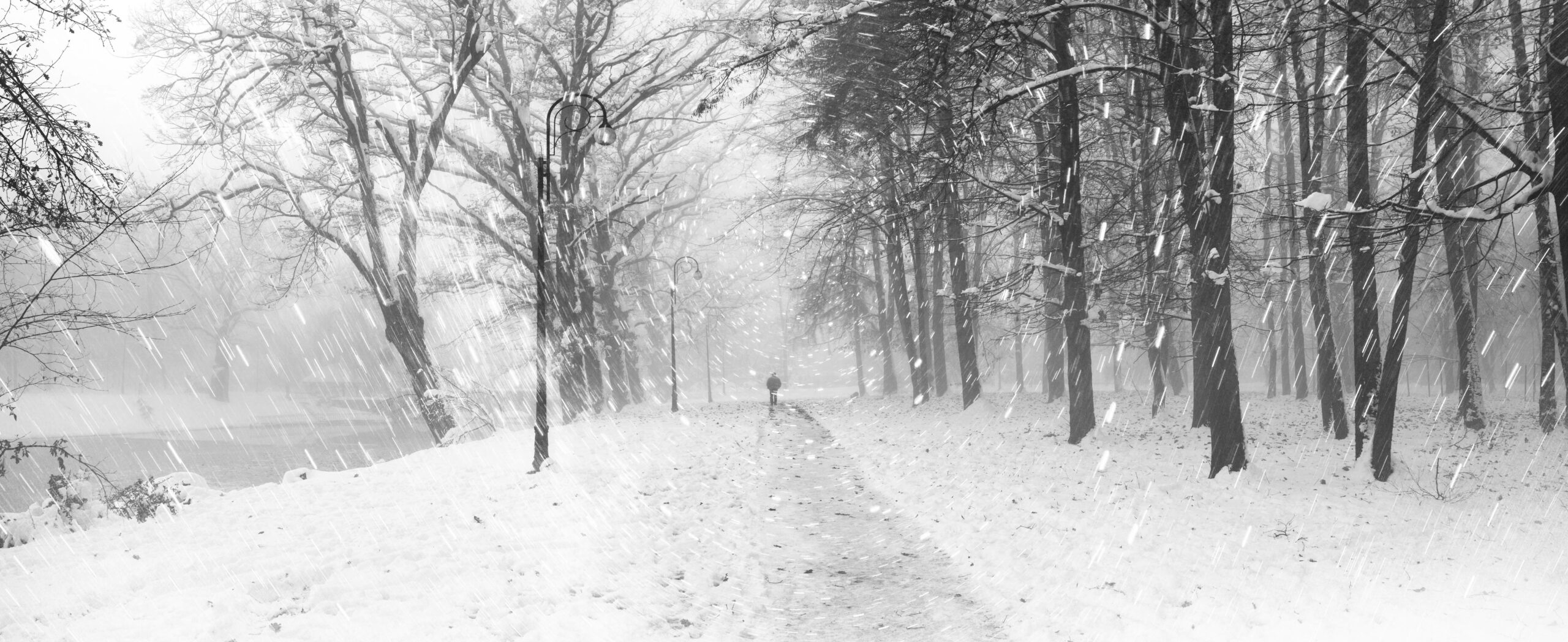Across much of the United States and Canada, temperatures have plummeted in recent weeks and the tragic death of an elderly women outside a Montreal senior’s complex reminds family and caregivers of the danger bitter cold can pose for older adults.
According to a CTVNews report, 93-year old Helene Rowley Hotte froze to death early Sunday morning after being locked out of her residence following the sounding of a fire alarm. She left the building, apparently not able to hear the announcement that an evacuation was not necessary. Hotte was locked outdoors in -20C temperatures for nearly seven hours before police were notified when someone saw the woman lying in the snow.
The coroner is working on his report but it is expected that he will find Hotte died from hypothermia. Why it took so long for someone to notice the missing woman outside remains unclear. But in an independent living facility such as the Residence Lux Gouverneur, head counts of residents are not taken because they are able to come and go freely.
Extremely cold temperatures puts older adults at greater risk for hypothermia. With age, the body loses some of it’s ability to regulate temperature and to sense cold. And elderly adults with mobility problems, dementia or difficulty communicating may be unable to let someone know when then are cold or move to a warmer location.
Chronic health problems like diabetes can also diminish the body’s response to cold as can some medications including over-the-counter cold remedies. Elderly adults tend to be less active and may generate less body heat which can result in hypothermia with even a small drop in temperature. Family and loved ones of seniors should check in frequently during very cold weather to make sure the home is warm enough and elderly adults have proper clothing for the weather.
Symptoms of Hypothermia
- Slowed or slurred speech
- Sleepiness or confusion
- Shivering or stiffness in the arms and legs
- Poor control over body movements or slow reactions
- A weak pulse
If you suspect hypothermia, or if you observe these symptoms, call 911.
Source: National Institute on Aging
Learn more about hypothermia and cold weather risks for older adults by following this link to the National Institutes of Health.






Add Your Voice
0 Comments
Join the Discussion